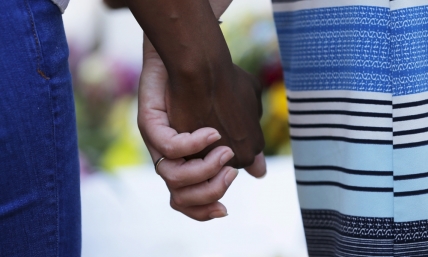The Fault in Their (Social) Gospel
Increasing numbers of evangelical churches, pastors, and ministries are buying into what I consider merely a new presentation of an old soteriology: salvation by social activism.
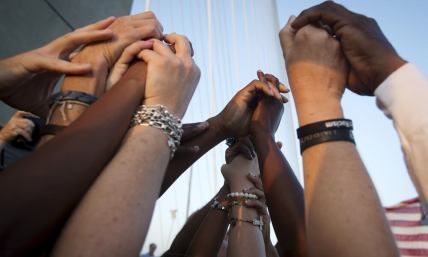
This article was originally published at https://justthinking.me/
Darrell Harrison is a native of Atlanta, Georgia. He currently resides in Covington, Georgia (about 45 miles east of Atlanta). Darrell attends Rockdale Community Church, a Reformed Baptist congregation located in the Atlanta suburb of Conyers, Georgia. Darrell is a 2013 Fellow of the Black Theology and Leadership Institute (BTLI) of Princeton Theological Seminary in Princeton, New Jersey, and is a 2015 graduate of the Theology and Ministry program at Princeton Theological Seminary. Darrell studied at the undergraduate level at Liberty University, where he maintained a 4.0 GPA majoring in Psychology with a specialization in Christian Counseling. Darrell was the first African-American to be ordained as a Deacon in the 200-year history of First Baptist Church of Covington (Georgia) where he attended from 2009 to 2015. He is an ardent student of theology and apologetics, and enjoys reading theologians such as Jonathan Edwards, Charles Spurgeon, C.S. Lewis, and B.B. Warfield. Darrell is an advocate of expository teaching and preaching, and has a particular passion for seeing expository preaching become the standard within the Black Church.
Increasing numbers of evangelical churches, pastors, and ministries are buying into what I consider merely a new presentation of an old soteriology: salvation by social activism.

John C. Richards, Jr., a self-described "Christian person of color," is expressing concern over the potential impacts the nomination of Judge Brett Kavanaugh. His dissatisfaction with Kavanaugh's nomination seems to be proffered in such a way as to suggest that black Christians are, or should be, primarily, if not solely, concerned about matters that subjectively fall under the ever-expanding and ambiguous banner of "social justice."
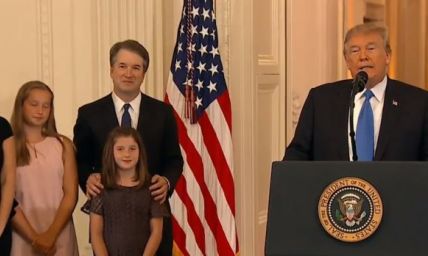
For the only way to objectively determine if this multiethnic vision that the 11 o'clock hour on Sunday morning no longer remains "the most segregated hour in America", if that's the case at all, is by visually observing and monitoring how many people of varying shades of melanin are occupying the pews on any given Sunday morning.
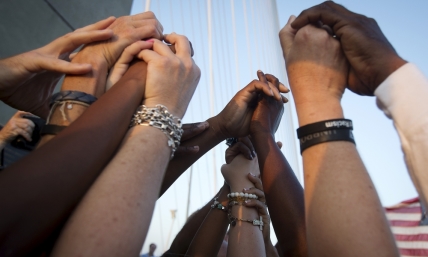
The hostility, acrimony, malice, and hatred we harbor toward one another is a direct and tangible result of the enmity that resides in our hearts toward God.
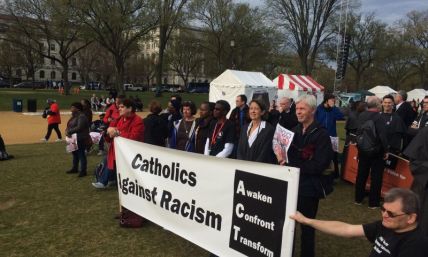
There is a sense today in which the word evangelical has become something of an ethnic pejorative within the church in America. Needless to say, this ought not to be the case among those who confess the name of Christ (1 Thess. 4:9). As sinful as it is to discriminate against one of God's image bearers on the basis of his or her ethnicity, it is no less sinful to misconstrue or misapply an aspect of one's identity as a Christian to advance or promote a particular ideological narrative or agenda.
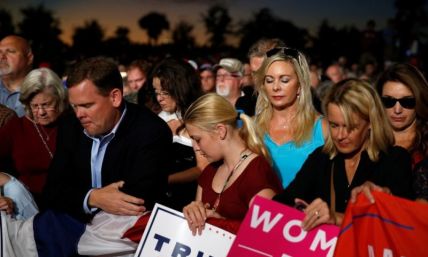
There is a sense today in which the word "evangelical" has become something of an ethnic pejorative within the church in America.
At the heart of the Christian message is that humanity is innately sinful and in desperate need of spiritual redemption.
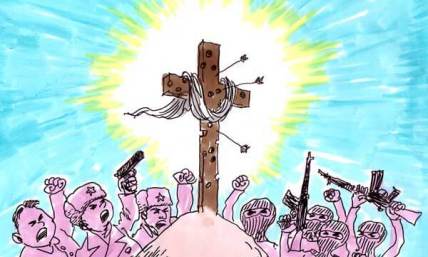
Believers who think Christianity needs to be made cool are misguided.
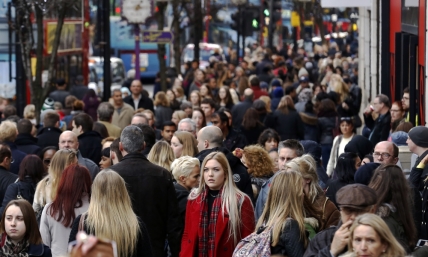
Christ understood what many of us do not – that our fundamental problem isn't the systems or structures under which we live as a society. They are merely symptoms of the problem.

Unlike most social justice activists, I happen to not subscribe to the idea of "race" as an aspect of human identity.
